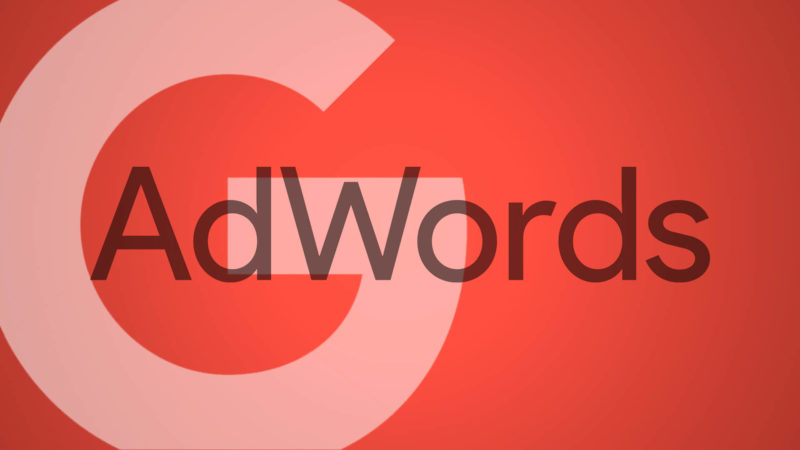[UPDATED] Google Ad Grants policy changes include 5% CTR minimum
Several new policy updates for the AdWords program for non-profits take effect January 1, 2018.
This article has been updated with additional information and clarifications.
Google is making changes to Ad Grants, the AdWords program that provides search advertising grants of up to $10,000 per month to non-profits.
As reported by Robert Brady on the Clix Marketing blog, advertisers and agencies began receiving email notification this week that stated more than 35,000 non-profits participate in the Google Grants program and news that it is lifting the $2 bid cap when campaigns use Maximize Conversions bid strategy.
That news was then followed by a set of links to updated policy pages. On those pages are several other significant changes.
The biggest update is a new requirement for accounts to maintain a minimum 5 percent click-through rate (CTR). That’s an increase from a 1 percent CTR minimum (Update: The 1 percent CTR minimum was only for Grantspro accounts). Accounts that miss that threshold for two consecutive months will be suspended. Accounts in jeopardy of being canceled will be “alerted through in-product notifications if your account is at risk of falling below 5 percent CTR with educational resources offered to improve.”
Update: Google says 5 percent CTR is lower than the current program average and that new updates, such as the requirements outlined below to prune low-quality keywords and not target competitor keywords will help most accounts easily maintain a 5 percent average CTR. For one frame of reference, Community Boost, a digital agency specializing in non-profits says, “… most Ad Grant accounts we look at typically have a 1.5 percent to 4 percent click-thru rate.”
Other policy updates include:
- Non-profits cannot buy branded keywords they don’t own.
- Keywords must have quality scores of 3 or higher.
- Campaigns must have at least two ad groups with at least two ads running in each.
- Accounts also must have at least two sitelink extensions active.
- Accounts must have geotargeting.
- Most single-word keywords are prohibited, the idea being non-profits should choose well-targeted keywords.
The new policies go into effect on January 1, 2018 — just weeks away. Of the short timeline, Brady writes, “… asking nonprofits to make such significant changes on such short notice (only 17 days from email send before these go into effect) is just bad customer service. And if they try to say that one email and a few notifications in the interface are enough, then they don’t understand how busy nonprofits are.” Update: Google says it will start sending non-compliance notices on January 1, and accounts will be given some time to make adjustments. Deactivated accounts can still call Google support for reinstatement after making changes.
It would seem from reading the Ads Grant support pages that Google is pushing non-nonprofits to use AdWords Express. However, I’m told this continues to be meant only as an option for non-profits that don’t have the ability to manage their accounts and prune low CTR keywords monthly.
Last year, Google wound down the Grantspro program, which was the premium Google Grants offering for non-profits spending between $10,000 and $40,000 per month.
Contributing authors are invited to create content for Search Engine Land and are chosen for their expertise and contribution to the search community. Our contributors work under the oversight of the editorial staff and contributions are checked for quality and relevance to our readers. The opinions they express are their own.
Related stories
